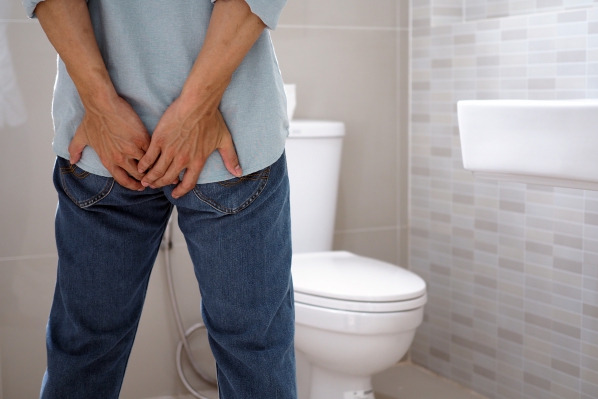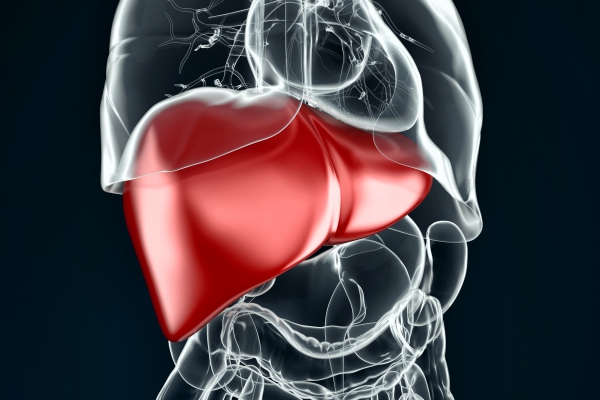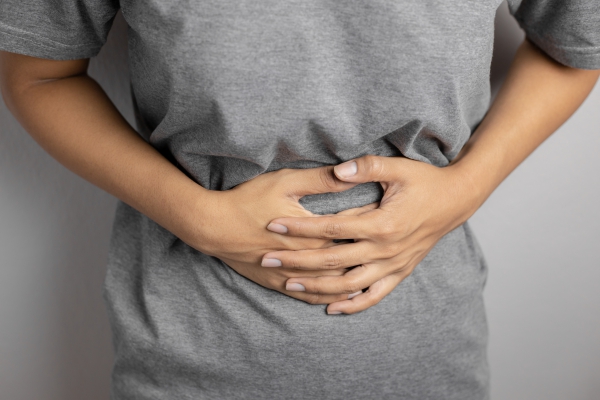Diarrhoea, Loose stools, Rotavirus, Abdominal pain, Antidiarrheals
Description : Diarrhoea is defined as having three or more watery or loose stools per day. This condition may
Article Details :
What is diarrhoea?
Diarrhoea is defined as having three or more watery or loose stools per day. This condition may occur due to an infection by a virus or bacteria, side effects of medications or food allergies amongst others. Diarrhoea can last for only a few days and resolves on its own. However, if it lasts for weeks, this indicates that there may be a more serious problem causing the diarrhoea.
The most common cause of infectious diarrhoea worldwide is rotavirus- it is a virus that is shed in the stool of infected people and can spread when foods or objects get contaminated. In the Unites States, before the introduction of immunization against the rotavirus, 1 out of every 25 children, under the age of 5, were hospitalized for diarrhoea. In children, the risk of malnutrition due to recurrent diarrhoea can lead to growth faltering and significantly increase the risk of mortality.
What are the causes of diarrhoea?
There are several conditions or diseases which may cause diarrhoea and these include:
- Viruses: There are several viruses which may causes diarrhoea such as rotavirus (most common), norovirus or calicivirus. These viruses are usually contracted when eating or touching contaminated foods or objects respectively.
- Bacteria and parasites: The most common bacteria causing diarrhoea include campylobacter jejuni, salmonella, Escherichia coli (E coli), shigella and clostridium difficile amongst others. The bacteria and parasites can enter your body via contaminated food or water.
- Medications: The side effects of some antibiotics is diarrhoea. This is because the antibiotics not only kill he bad bacteria but also the good ones in your intestines which creates a disturbance, resulting in diarrhoea. Other medications which can lead to diarrhoea include laxatives, antacids containing magnesium and opiate withdrawal.
- Food allergies or intolerances: Allergies or intolerances to foods such as cow’s milk protein (lactose intolerance), fructose (a sugar found in fruits and honey) and soy protein amongst others may result in diarrhoea.
- Surgery: Gallbladder removal or abdominal surgeries may cause diarrhoea in some cases.
- Chronic diseases: Chronic diseases such as ulcerative colitis, Crohn’s disease, coeliac disease and irritable bowel syndrome causes chronic diarrhoea.
- Other conditions: There are other conditions which may cause either acute or chronic diarrhoea and these include appendicitis, intussusception, giardiasis and hyperthyroidism.
- Vitamin C toxicity: Taking Vitamin C in excess may result in diarrhoea.
What are the signs and symptoms associated with diarrhoea?
The signs and symptoms associated with diarrhoea vary widely depending on the exact underlying cause. The following signs and symptoms may be associated with diarrhoea:
- Loose, watery stools.
- Fever.
- Abdominal cramps and pain.
- Nausea.
- Bloating.
- Mucus or blood in stool.
- Urgent need to go to the toilet.
Severe diarrhoea can lead to dehydration which may be life-threatening. The signs and symptoms of dehydration include:
- Lethargy
- Reduced consciousness.
- Dry mouth.
- Increased thirst.
- The eyes appear to be sunken or dark.
- Poor skin elasticity.
- Lack of tears.
- Little or no urination.
- Dark-coloured urine.
- Light-headedness.

Making a diagnosis
To make a diagnosis, your doctor will take a detailed history from you to know more about your symptoms. In addition, during the history taking your doctor will also ask you questions about any recent travel to foreign countries, the last food you ate and contact with ill people suffering from diarrhoea recently. Furthermore, your doctor will also ask you about the appearance, volume, frequency and if there was presence of blood in the stool. After the history taking, you doctor will perform a thorough physical examination to look for signs which may be associated with diarrhoea. To confirm the diagnosis or to identify the exact underlying cause of the diarrhoea, your doctor may order some tests and these include:
- Blood tests: A complete blood count can help to identify whether the diarrhoea is caused by infectious organism, which will be indicated by a high white blood cells count.
- Stool tests: A sample of your stool may be taken to identify exactly what organism is causing the infection. This test is also very useful to allow your doctor to prescribe a specific antibiotic to kill the bacteria, once identified.
- Colonoscopy: This is a procedure during which your doctor inserts a tube containing a camera at its end to have direct visualisation of the inside of your large intestine. During this procedure, your doctor may also take a sample of your large intestine tissue, to be analysed under the microscope. This is useful in the case of chronic diarrhoea such as ulcerative colitis and Crohn’s disease.









